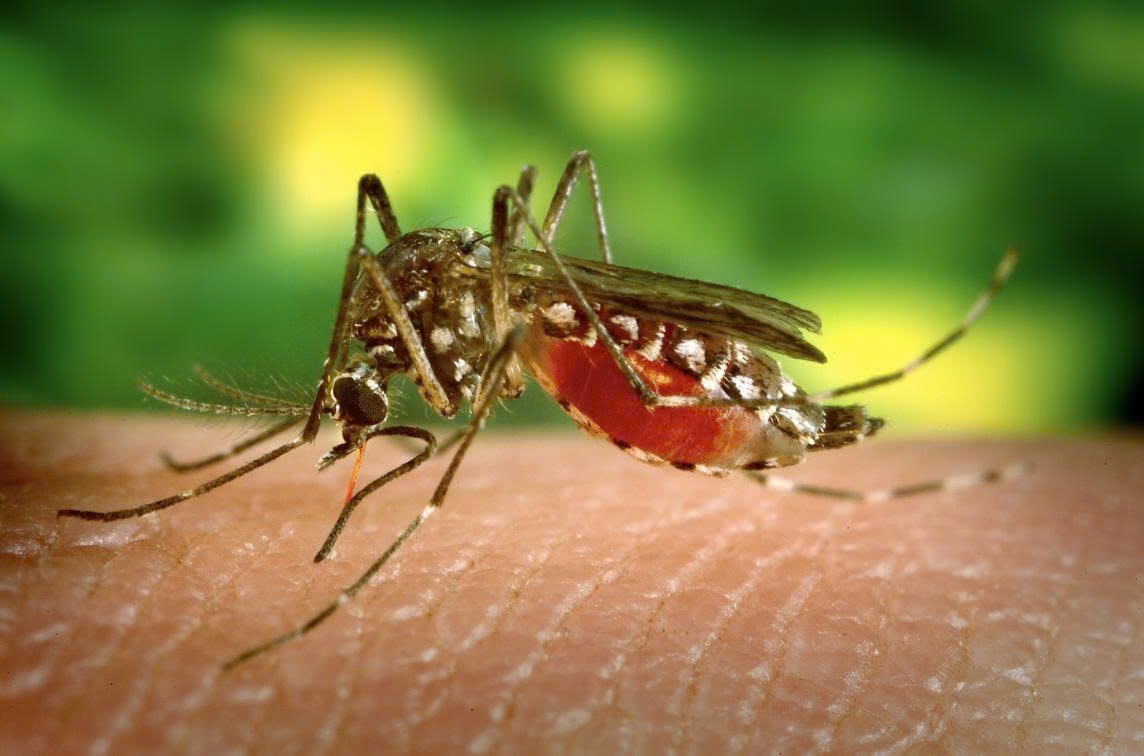Health Ministry warns about risk of Chikungunya outbreak in Vietnam
VOV.VN - The Ministry of Health (MoH) has issued an urgent warning about the risk of a Chikungunya outbreak in Vietnam after numerous cases were reported in Southern China, especially in Guangdong province.

According to the MoH, the Chikungunya outbreak is currently on the rise, with major hotspots reported on Indian Ocean islands such as La Reunion and Mayotte.
The disease has also spread to several regions in Africa, South Asia, and Europe, particularly in southern China. In Guangdong province, China, over 4,800 cases of Chikungunya were recorded in the first half of 2025, marking the largest outbreak ever reported in the region.
Chikungunya is an acute infectious disease caused by the Chikungunya virus, transmitted through the bite of Aedes mosquitoes — the same mosquitoes responsible for dengue fever. Common symptoms include high fever, joint pain, fatigue, rash, with most patients recovering within days to a week; however, some may experience prolonged joint pain lasting several months.
There is currently no vaccine or specific treatment for Chikungunya, so care mainly focuses on symptom relief and supportive treatment.
The MoH then urged provinces and cities across Vietnam to enhance surveillance and implement mosquito control measures to protect public health.
It advised travelers returning from affected areas to monitor their health for 12 days and seek medical attention immediately if symptoms like fever, joint pain, or rash occur. Local authorities were encouraged to strengthen mosquito control efforts by covering water containers, eliminating mosquito larvae, maintaining clean environments, and removing items that collect stagnant water.
Residents were also advised to sleep under mosquito nets, wear long-sleeved clothing, and use mosquito repellent, especially during daytime when Aedes mosquitoes are most active. Community cooperation with health authorities in mosquito spraying campaigns is crucial.
Chikungunya was first identified in 1952 in Tanzania, Africa, and typically causes outbreaks in tropical climates. In recent decades, it has spread to over 110 countries and territories worldwide. Early 2025 saw the World Health Organisation (WHO) report confirmed cases on every continent, including Europe.
Amid a rising dengue fever outbreak in Ho Chi Minh City and elsewhere, health authorities urged the public to jointly prevent both diseases to safeguard individual and community health.





